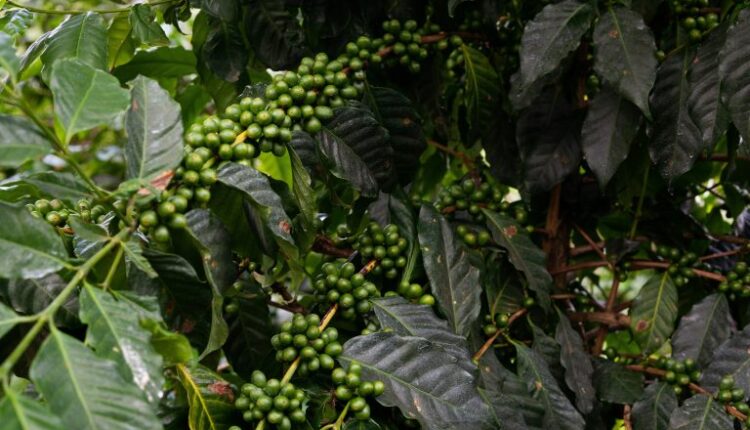India's Coffee Sector Embraces Positive Economic And Environmental Impact Of Shade-Grown Coffee – CoffeeTalk
India’s coffee industry is increasingly adopting sustainable practices, particularly shade-grown coffee, which is cultivated under the natural canopy of trees. This approach is particularly relevant in India due to its unique biodiversity and agricultural practices. Shade-grown coffee farms in the Western Ghats play a vital role in preserving this biodiversity by allowing native species to flourish. A study by the Wildlife Conservation Society of India found that shade-grown coffee plantations in Karnataka, Kerala, and Tamil Nadu support over 100 species of birds, many of which help control pests and maintain ecological balance.
Shade-grown coffee farming also encourages the growth of indigenous plant species, as many coffee estates integrate local flora into their agroforestry models, enhancing soil fertility through organic matter. This approach not only protects ecosystems but also improves long-term crop sustainability. Soil erosion is a major issue in India’s coffee-growing regions, particularly during the monsoon season. However, shade-grown coffee farms offer a natural defense against soil degradation by retaining soil structure and reducing the need for synthetic fertilizers.
As climate change threatens agriculture globally, shade-grown coffee presents a solution by reducing carbon emissions. Trees in shade-grown systems sequester carbon dioxide, helping mitigate the coffee sector’s carbon footprint. The Indian Institute of Plantation Management reports that shade-grown coffee farms in South India can capture up to 20% more carbon than conventional coffee farms due to their multi-layered vegetation.
Shade-grown coffee is increasingly seen as a premium product, attracting higher prices in domestic and international markets. This offers Indian farmers an opportunity to boost their income by paying a premium for high-quality, shade-grown beans. Farmers can diversify their income by growing other crops like pepper, cardamom, and bananas alongside coffee, creating more stable economic conditions for their households.
While shade-grown coffee typically has slightly lower yields than sun-grown coffee, the reduced need for chemical inputs and premium prices more than compensate for this. Shade trees add organic matter to the soil, reducing the need for fertilizers, while natural predators in shade-grown environments help control pests, minimizing the need for chemical pesticides.
In India, where the cost of agrochemicals can be a burden for small farmers, shade-grown coffee offers an economically viable alternative. Coffee producers, in partnership with local farmers, encourage organic farming practices, further reducing input costs while maintaining high-quality production standards.
In conclusion, shade-grown coffee offers a sustainable and eco-friendly alternative to conventional farming, benefiting both the environment and the farmers who nurture it.
Read More @ The Hindu Business Line
Source: Coffee Talk



